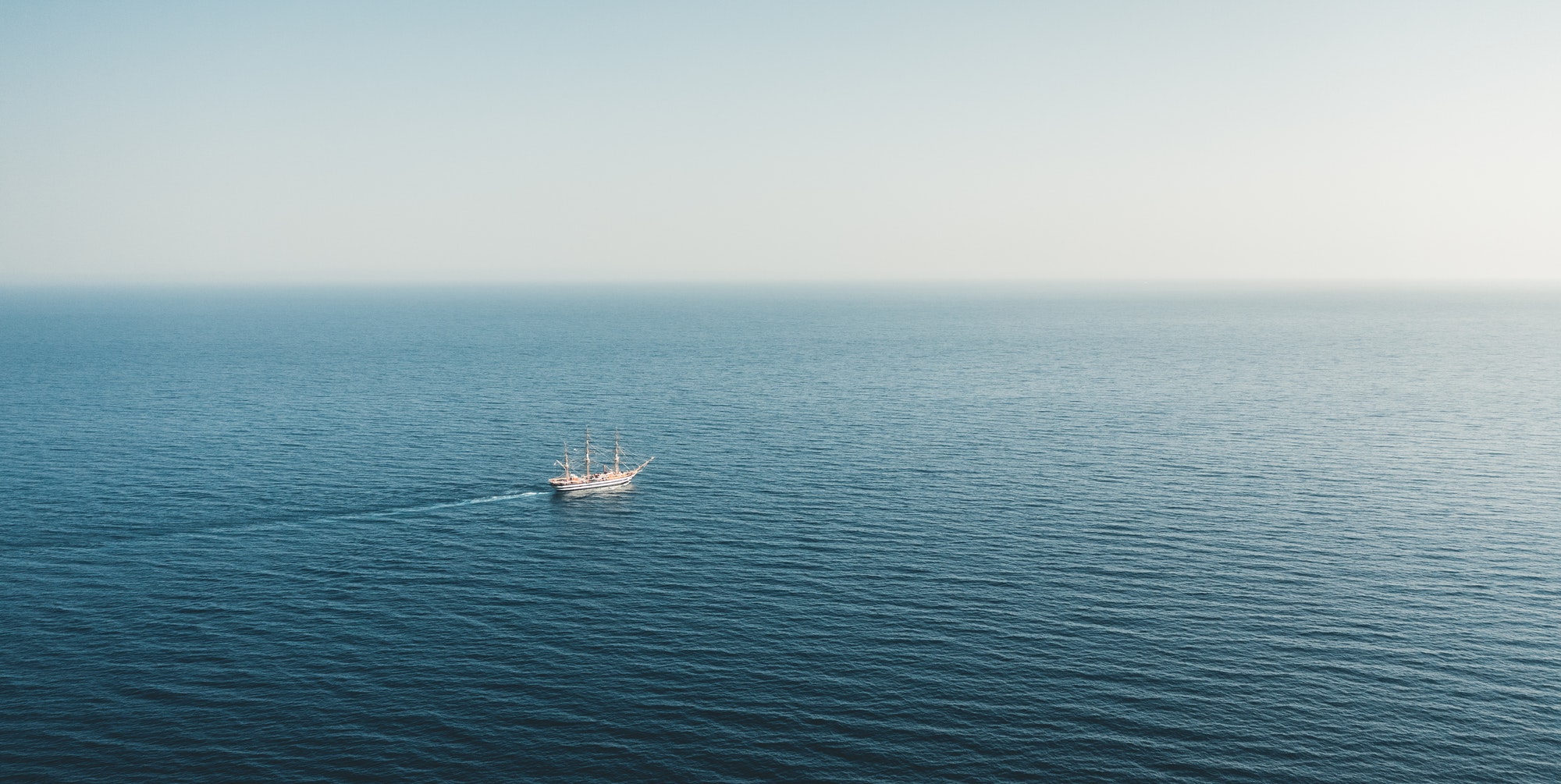We’re taking a deep dive into the growing tensions in the Red Sea, where Iran’s support of Houthi rebels is making waves in international waters. This piece breaks down the threats, reactions, and what it all means for ships carrying goods around the world.

Getting to Grips with the Conflict
Iran’s Helping Hand to Houthis
Iran is really stepping up its game in helping the Houthi rebels hit ships in the Red Sea. They’re providing fancy tracking and intelligence gear, making the rebels’ attacks way more accurate. This is bad news for everyone traveling or shipping goods through the area.
Fighting Back: Operation Prosperity Guardian and Allies on Alert
To combat these threats, the US and its buddies have rolled out Operation Prosperity Guardian. Think of it as a big team-up of warships and strategies to keep the peace and protect the ships cruising through the Red Sea.
What’s at Stake: Global Trade and Safe Seas
Taking the Long Way Around: Detours Affecting Trade
Because of all this drama, shipping companies are scared to pass through the Red Sea. They’re taking longer routes, which costs more money and time. This shake-up is a big deal for businesses worldwide and shows just how vital these waterways are for global trade.
Keeping Key Passages Safe
Places like the Red Sea are super important shortcuts for global trade. This whole situation is a wake-up call that countries need to work together to keep these paths safe. It’s all about stopping attacks and making sure business can carry on as usual for the world’s economy.
That’s the scoop on the rising tensions in the Red Sea and why it’s more than just a regional issue—it’s a global concern with real impacts on trade and security.

FAQ: Unraveling the Red Sea Shipping Crisis
What’s going on in the Red Sea?
The Red Sea has become tense due to attacks on commercial ships by Houthi rebels. These rebels are supported by Iran, which supplies them with advanced tech and intelligence to target vessels more effectively.
Why is Iran supporting the Houthis?
Iran supports the Houthis to extend its influence in the region and challenge opposing powers. This support is part of a larger regional conflict, with the Red Sea being a strategic focal point.
What is Operation Prosperity Guardian?
Operation Prosperity Guardian is a joint naval effort led by the US to protect and maintain safe and open shipping lanes in the Red Sea. It involves a bunch of countries working together with warships and strategy to prevent further attacks.
How do these attacks affect global trade?
Attacks force shipping companies to reroute to avoid the Red Sea, which is longer and more expensive. This increases costs for global trade and can delay the delivery of goods worldwide.
What are maritime choke points?
Maritime choke points are narrow passages, like the Red Sea, crucial for global shipping. They are the “shortcuts” of the sea, and any disruption there can have massive ripple effects on worldwide trade and economy.
How can the crisis be resolved?
Resolving the crisis involves diplomatic efforts, military protection, and international cooperation to ensure the safety and security of maritime routes. It also requires addressing the underlying regional conflicts and reducing tensions between involved parties.
What can individual countries do to help?
Individual countries can contribute to international naval missions, enforce sanctions against those providing support to the rebels, and participate in diplomatic efforts to bring about a peaceful resolution to the conflict.
Are there any risks to ships traveling in the Red Sea now?
Yes, ships in the Red Sea face the risk of being targeted by Houthi rebels. However, the presence of international naval forces and rerouted paths are measures taken to minimize these risks.
Sources Financial Times


